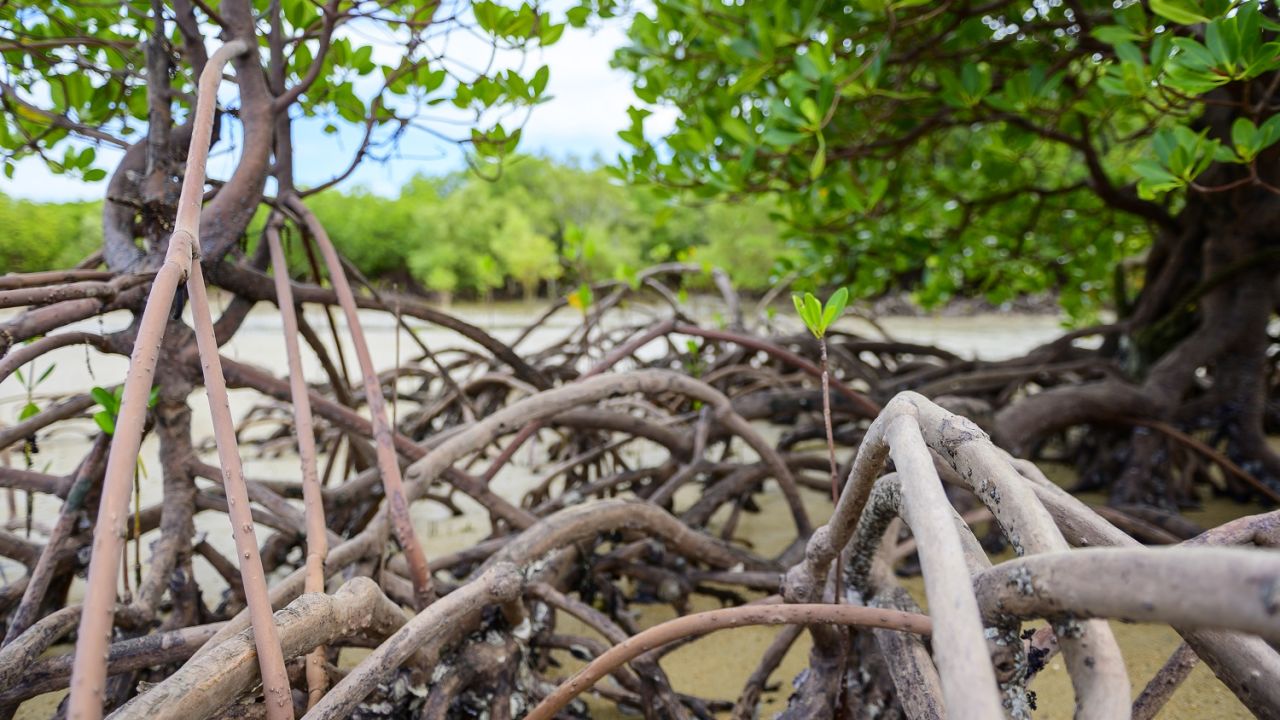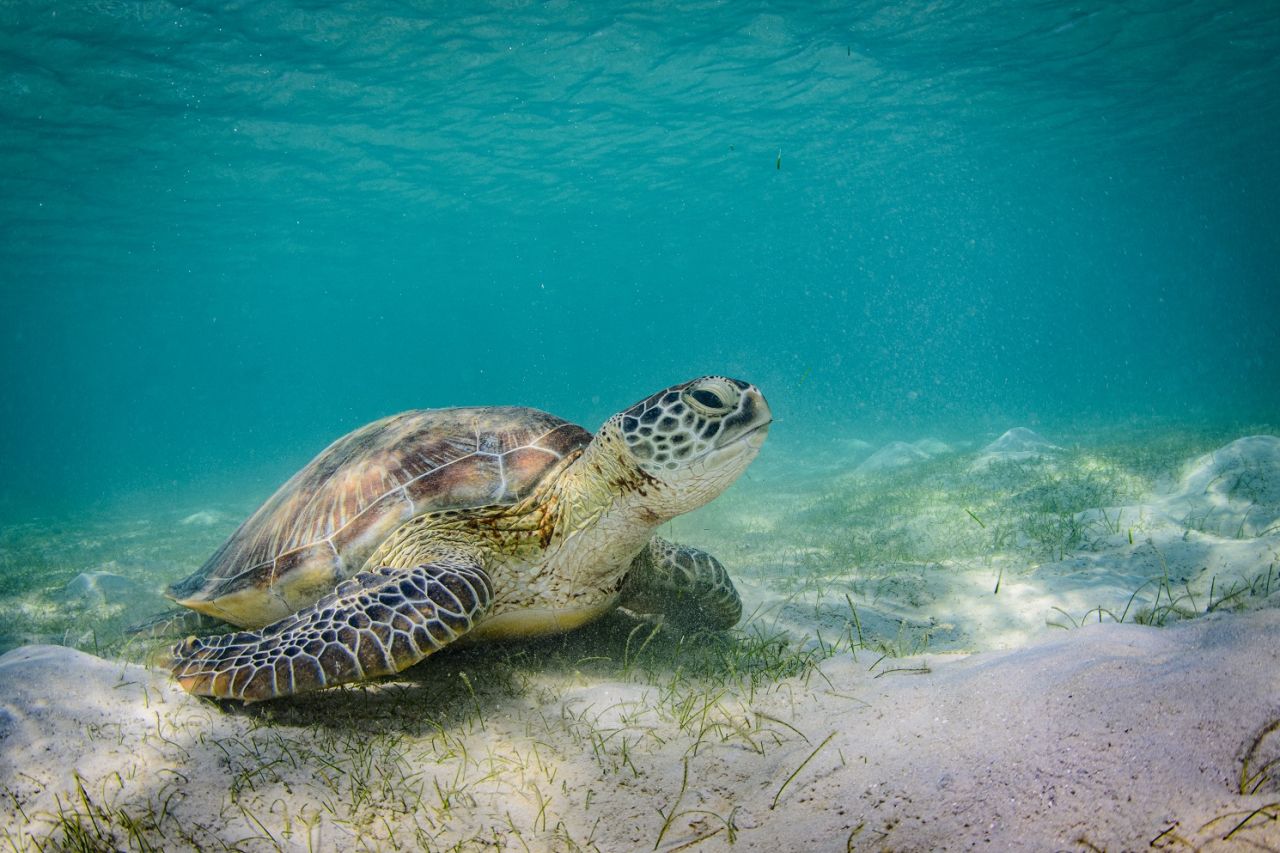Project News ·
Kickstarting Blue Carbon projects in the Asia Pacific
The Foundation partnered with The Nature Conservancy to bring together stakeholders in coastal restoration and Blue Carbon experts to help kickstart Blue Carbon projects in the Asia Pacific region.

Despite being an emerging arena, the Blue Carbon industry is rapidly evolving in Australia to meet national emissions reduction goals. To keep pace with this swift market growth there is a deep need for stakeholders to meet, exchange experiences and knowledge share.
Attendees of the three-day workshop came from around the Asia-Pacific region and included organizations such as Traditional Owner groups, federal, state, and local government, NGOs, private industry experts, and universities.
The Blue Carbon economy is attracting significant attention because of the impressive carbon sequestration rates delivered by ‘blue’ ecosystems, being wetlands, mangroves, seagrass and saltmarsh. Carbon credits can be generated and sold on the carbon market, attracting investors and buyers alike.

Coles Group CSO Thinus Keeve, Traditional Owner Eric Lymburner and Foundation Managing Director Anna Marsden looking at mangrove ecosystem in Mackay/Whitsunday area. Coles Group have partnered with the Foundation to fund a Blue Carbon project in Gladstone
In Australia blue carbon credits can be generated by restoring tidal flow, but the benefits of wetland restoration go far deeper than carbon credit creation alone. Coastal communities around the world are directly reliant on blue carbon ecosystems for their wellbeing, livelihoods and daily needs. Fish, crabs, turtles and other aquatic species on the Great Barrier Reef need blue carbon ecosystems for their survival.
The Great Barrier Reef Foundation’s Blue Carbon Director Will Hamill facilitated a panel discussion with project leads from different blue carbon sites. These sites all have varying land tenures, legislative requirements, hydrological and ecological characteristics. "No two blue carbon projects are the same" says Will.
“However, it’s important to learn from past experiences to ensure that we’re setting ourselves up for success. Coming together like this allows us to hear lessons learned, workshop solutions and take the best approach forward to overcome challenges we may face.”

First Nations Rangers from Girringun Aboriginal Corporation and Woppaburra TUMRA who are involved in local Blue Carbon projects to protect seagrasses around Hinchinbrook, Goold, and Great Keppel Islands.
Indigenous representatives from Girringun Aboriginal Corporation, Gidarjil Development Corporation and Woppaburra TUMRA Aboriginal Corporation were supported by The Great Barrier Reef Foundation to attend the event.
“Blue Carbon markets are rapidly emerging as significant opportunities to empower Indigenous groups in the management of Sea Country and this opportunity can only be realised with a strong foundation of Indigenous engagement” says Will. “It was great to have Reef Traditional Owners attend this event to share and exchange knowledge with attendees”.
Indeed, ensuring that Traditional Owner groups are at the forefront of blue carbon project design, creation and implementation was one of the key takeaway messages from the workshop.

Seagrass are an important Blue Carbon ecosystem and food source for marine turtles. Photo credit: Kobie Rhodes, Magnetic Island Photos
Other key discussion points included the expansion to the tidal restoration method for carbon credit production, the design of a seagrass blue carbon method and stacking biodiversity credits to maximize site feasibility. Recognizing wetland restoration as a positive form of ‘development’ was strongly recommended by experts to streamline state and local government permit requirements.
The Nature Conservancy intends on holding the Blue Carbon workshop annually. With this industry in rapid change, no doubt next year’s conference will bring further exciting news and development, supporting the restoration and protection of more of our precious blue carbon coastal and aquatic ecosystems.
#Related

Project News ·
Community at the forefront of Reef water quality protection

Project News ·


